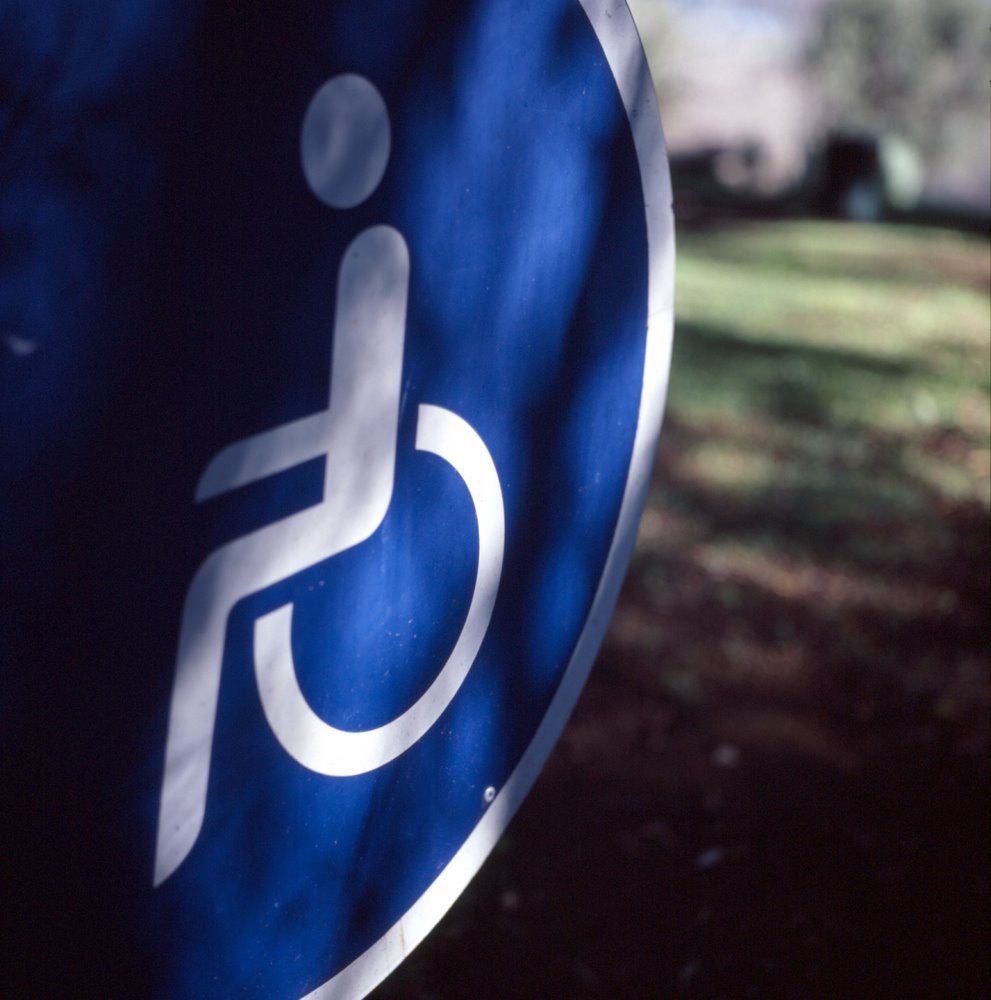Why a Brexit could be bad news for disabled people
In the run-up to the forthcoming EU referendum on UK membership, Dr Bronagh Byrne looks at the positive impact EU legislation has had on disabled people and asks why there hasn't been more discussion about what a Brexit could mean for disabled people in the UK.

The debate about the EU referendum and a Brexit has so far seen the two camps facing off over trade, sovereignty and security. There has been relatively little discussion about what a Brexit means for ordinary voters, especially the 11m people with a limiting long term illness, impairment or disability who live in the UK.
This is a pressing matter. Many initiatives which have had a positive impact on disabled people’s day-to-day lives have been issued by the EU.
We live in a society designed by and for non-disabled people – from the school textbooks we are given to the design of shopping centres, restaurants, museums and sports venues. Being able to find a suitable home, access a place of work – if you have been given the opportunity to attain educational qualifications and overcome often low expectations – are just some of the challenges that disabled people face. The EU has, in many ways, acknowledged that and sought to make a difference.
As a result of EU directives and regulations, disabled people are protected from discrimination. Lifts, cars and buses need to be accessible, as do sea and air travel. Building works must meet minimum accessibility standards.
Directives have been adopted so that disabled people are able to more effectively use telecommunications, including access to emergency services. It’s also no coincidence that braille must be provided on packets of medicine.
If the UK leaves the EU, however, it’s not clear what the implications will be for disabled people. Much will rest on subsequent negotiations. While it is not inevitable that these legal requirements will disappear, there is equally no guarantee that they will remain.
Take the Blue Badge scheme for disabled people. This has been in place in the UK since 1970 and provides on-street parking concessions for badge holders who travel either as drivers or passengers.
In 1998, the Labour government announced that it would implement the European Commission’s recommendation for a standard European parking badge for disabled people, allowing the blue badge to be used in countries throughout Europe. This allows its holders to use parking facilities in their country of residence and other EU countries. Leaving the EU could reduce disabled people’s freedom of movement, mobility and independence.
In the event of Brexit, new standards adopted by the EU in the future will most likely not benefit disabled people in the UK. The European Commission is currently considering standardising access to cash machines and banking services, ticketing and check-in machines, e-commerce, e-books, smartphones and digital television services, among other things. Will a post-EU UK do the same?
Plugging a national gap
A recent report by the House of Lords concluded that the government is failing in its obligations to disabled people. From taxi drivers refusing to take wheelchair users, to disabled toilets being used for storage and reasonable adjustments not being made, it is clear that progress is far from satisfactory.
EU directives do not guarantee success on the ground. The European Commission is, nonetheless, an important accountability mechanism. The requirements also act as a moral and legal compass for the ways in which disabled people should be included in society.
The EU provides millions in social funds to support a range of schemes for disabled people, such as help with work experience, wage subsidies and support for the self-employed. It has provided much needed funds for education and training, community services and independent living. Many of these services and initiatives are provided by NGOs including organisations run by and for disabled people.
European social funds have been a lifeline for voluntary organisations at a time when national government spending is being cut. If the UK were to leave the EU, these funds would no longer be available.
Disabled people continue to be invisible from key debates and nowhere is this more evident than the lack of consideration that has been accorded to disability issues in the EU referendum.
Leaving the EU would pave the way for disabled people’s experiences to diverge from those in the rest of the region. Ongoing welfare reforms in the UK show that we cannot assume disabled people will automatically be treated as valued citizens on the other side of Brexit.
Article first appeared in The Conversation.
The featured image in this article has been used thanks to a Creative Commons licence.




